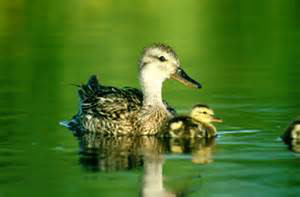Be Aware › Baby Birds

I found a baby bird. What should I do?
Most birds are nesting and raising young from March through August. It is not uncommon to find baby birds in your yard during this time. When someone finds a young bird alone, it is natural to want to rescue it, but in most cases, the young birds do not need help at all. To avoid disturbing nests, wait to trim trees and bushes until the fall when young birds have fledged.
It is best to leave baby birds where you find them. Bird parents are very good at what they do and will care for their young even if they are on the ground. Do not take baby birds home and do not try to feed them. Each bird species has a specific diet requirement; feeding the baby the wrong foods could kill it.
Contrary to popular belief, you can handle the baby to move it to safety. Because most birds do not have a sense of smell, human scent will not cause the parents to reject the baby. You do not need to call a licensed wildlife rehabilitator unless you know the parents are dead or the young bird is injured.
Most birds are protected by state and Federal laws. It is against the law in Utah to possess wild animals without special permits.
Nestlings
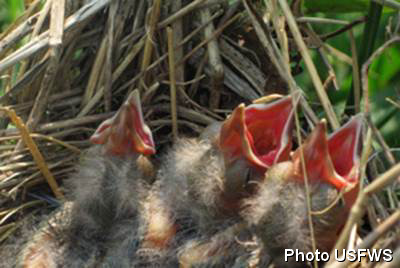
Nestlings are newly hatched birds with little to no feathers. Nestlings are completely dependent on their parents. If you find a nestling on the ground it may have fallen or been knocked out of the nest.
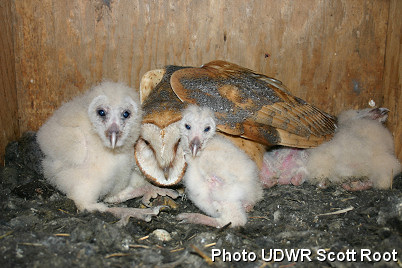
Found a nestling on the ground?
- If you can locate the nest, carefully place the nestling back in the nest and leave the area.
- If the nest cannot be located, make a substitute nest by poking holes in the bottom of a cool whip or margarine tub; line it with dry grass or paper towels. Place the bird in the tub, then place the tub on a secure branch in the original tree or a nearby tree. Leave the area so the parents feel comfortable returning to the nest.
Fledglings
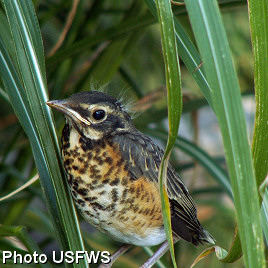
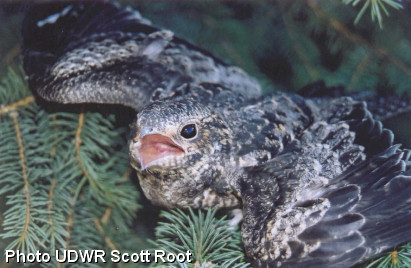
Fledglings are young birds who have past the nestling stage. They have most of their flight feathers and they are able to hop around. Many species of birds will leave the nest before they are fully able to fly. Fledglings may spend two to five days on the ground. The fledgling’s parents are usually nearby and will bring the fledgling food and protect it.
If you found an injured bird, please contact a licensed Utah wildlife rehabilitator.
Found a fledgling on the ground?
- Keep pets indoors, away from the young bird.
- If the bird seems threatened, place it under a shrub, on a low branch or, if possible, back in the nest.
- Leave the area so the parents can return to care for the fledgling.
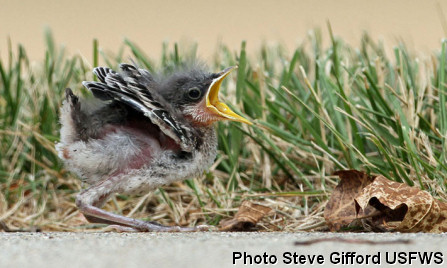
Ducklings and goslings
These birds will follow their parents in the search for food and sometimes become separated by fences, roadways or curbs. If you find a baby alone and can locate the parents, place the baby in a safe area near the parents, (away from the roadway, or under a bush), and then watch quietly from a distance. Be patient, once the area is quiet the parents should return for their young.
If you find a duckling or gosling in your pool: Young ducks and geese cannot swim for extended periods. They may have trouble climbing out of swimming pools and can become trapped. To help them exit the pool, construct a ramp from a board, or other flat object and cover it with a towel to give the birds traction.
